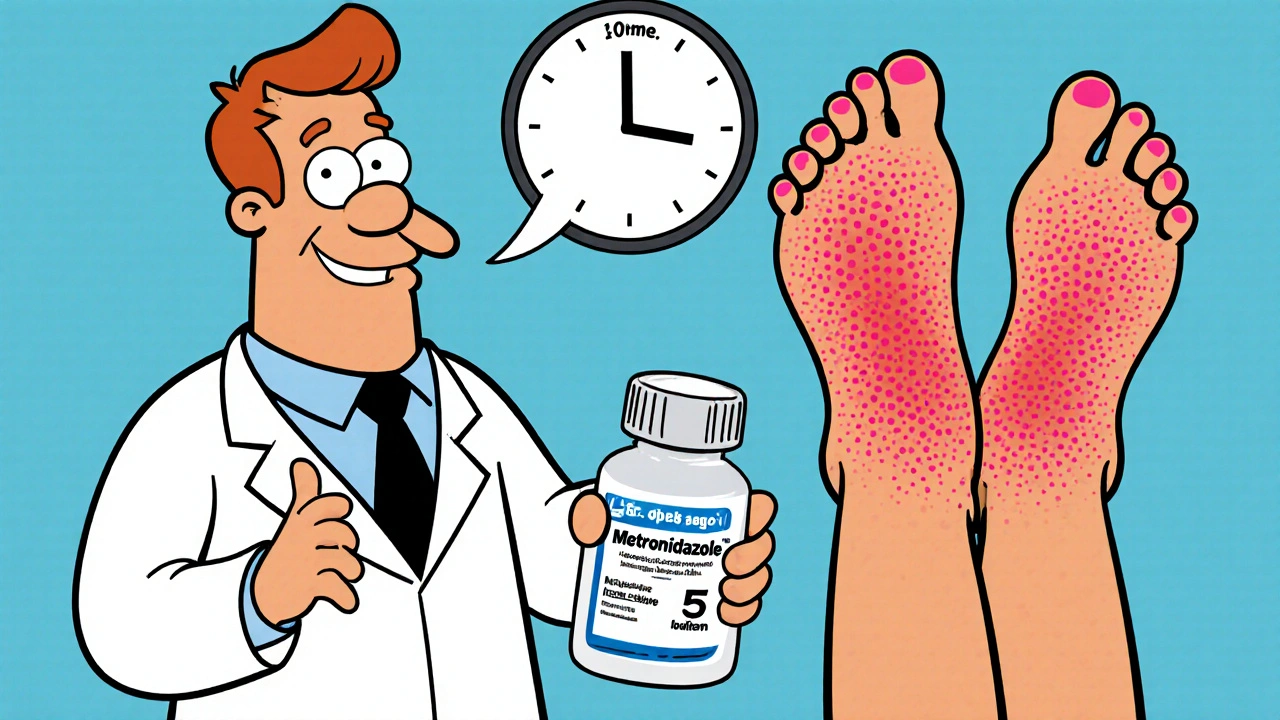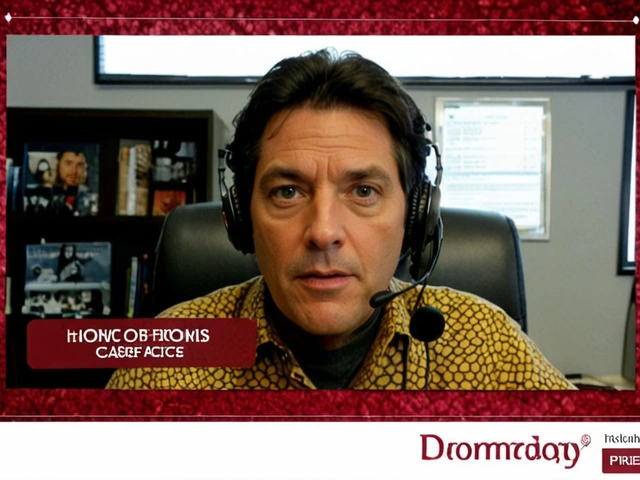Rechallenge: What It Is, Why It Matters in Medication Safety
When you stop a medication because of a bad reaction — and then take it again on purpose to see what happens — that’s called a rechallenge, a clinical procedure used to confirm whether a specific drug caused an adverse reaction. Also known as drug re-exposure, it’s not done lightly, but when done right, it helps doctors separate real side effects from random symptoms. This isn’t about testing your tolerance — it’s about figuring out if the drug itself is the culprit behind that rash, dizziness, or stomach crash you had.
Rechallenge ties directly to medication side effects, unwanted physical or mental reactions caused by drugs, and how they change over time. Some side effects fade as your body adjusts — that’s drug tolerance, when the body becomes less responsive to a drug’s effects after repeated use. But others? They come back harder the second time. That’s the rechallenge clue. If your skin breaks out again after restarting an antibiotic you stopped because of a rash, it’s not a coincidence — it’s confirmation. This is why doctors sometimes use rechallenge to rule out allergies or pinpoint the exact trigger in complex cases, especially when multiple drugs are involved.
It’s not always safe. Rechallenge can be risky — especially with serious reactions like Stevens-Johnson syndrome or liver damage. That’s why it’s usually only done in controlled settings, or when the drug is essential and alternatives are limited. But even when it’s not performed, the *idea* of rechallenge shapes how we think about adverse reactions, harmful responses to medications that are unintended and often unpredictable. It reminds us that side effects aren’t always random. They’re often predictable — if you know what to look for.
And that’s why the posts here matter. You’ll find real-world examples of how rechallenge principles apply — like when someone restarts modafinil after a headache, or how ezetimibe’s GI issues return after a break. You’ll see how stopping and restarting drugs like Wellbutrin or Lurasidone can reveal hidden patterns. These aren’t abstract theories. They’re stories from people who’ve been there — and the lessons they learned the hard way.
What you’ll find below isn’t just a list of articles. It’s a collection of cases where rechallenge thinking helps explain why a drug worked — or didn’t — for someone else. Whether you’re managing side effects, switching meds, or just trying to understand what’s happening in your body, these posts give you the context to ask better questions and make smarter choices.



